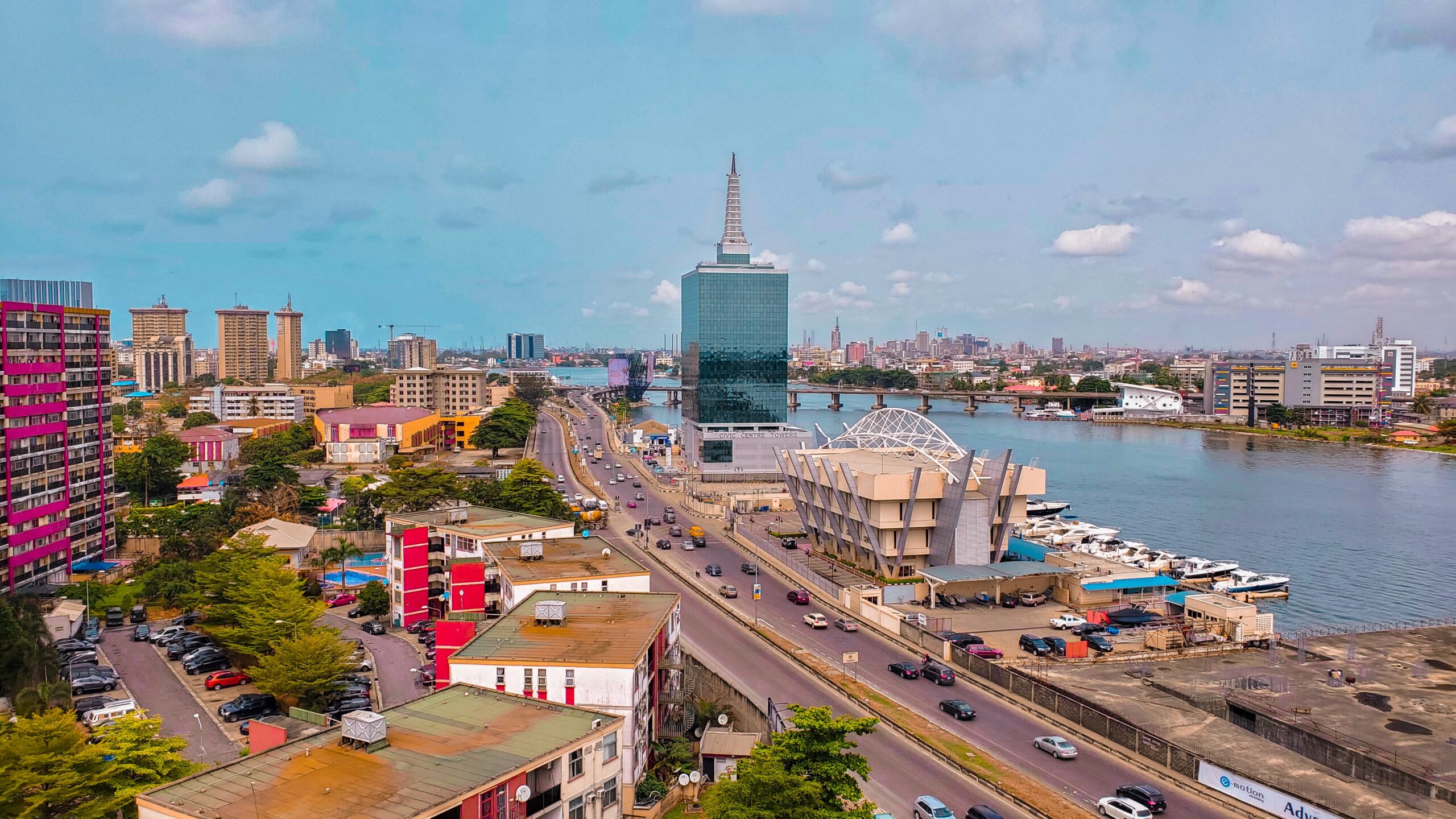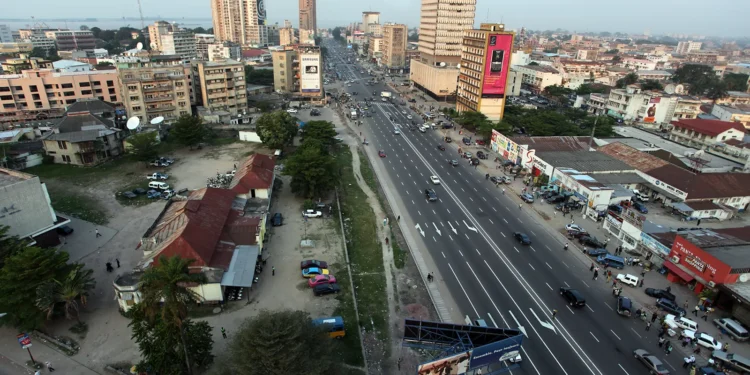Africa is on the cusp of a historic population boom, one that is already reshaping its urban centers and redefining its global significance.
With a total population of 1.5 billion as of 2024, growing by 100 million every three years, the continent has become the focal point for the next wave of global innovation, business, and finance.
This article highlights the most likely hotspots for population bursts across Africa, its largest and fastest-growing cities.
Initial projections showed that by 2025, each of the top 10 cities will be home to millions, with the top cities already exceeding 4 million residents.
These urban centers are absorbing the lion’s share of the continent’s growth, signaling where infrastructure, investment, and innovation will be most urgently needed.
By 2050, Africa’s population is expected to reach 2.5 billion, with 80% of that growth concentrated in cities. Countries like Nigeria, projected to have an urban population of 250 million, and Egypt, with 147 million, will rank among the most urbanized nations globally.

Lagos, Nigeria’s largest city, has an estimated population of 17,156,400 in 2025, a significant increase from 325,218 in 1950.
The city has grown by over 620,000 people in the past year alone, marking an annual growth rate of 3.75%, according to the latest UN World Urbanization Prospects.
This figure reflects the wider urban agglomeration, including suburban areas surrounding the city. Under Governor Babajide Sanwo-Olu, Lagos State has solidified its status as an economic hub, with a GDP of $259 billion (PPP), making it the second-largest city economy in Africa, following Cairo.


















This is not true, Kano Nigeria also has more than 10 million people and it is not in the list
This is not true, Kano Nigeria also has more than 10 million people and it is not on the list